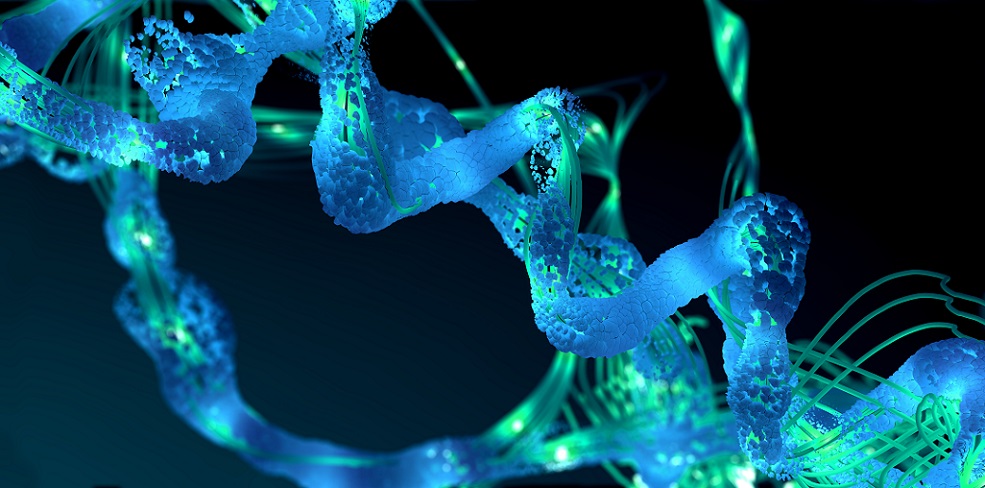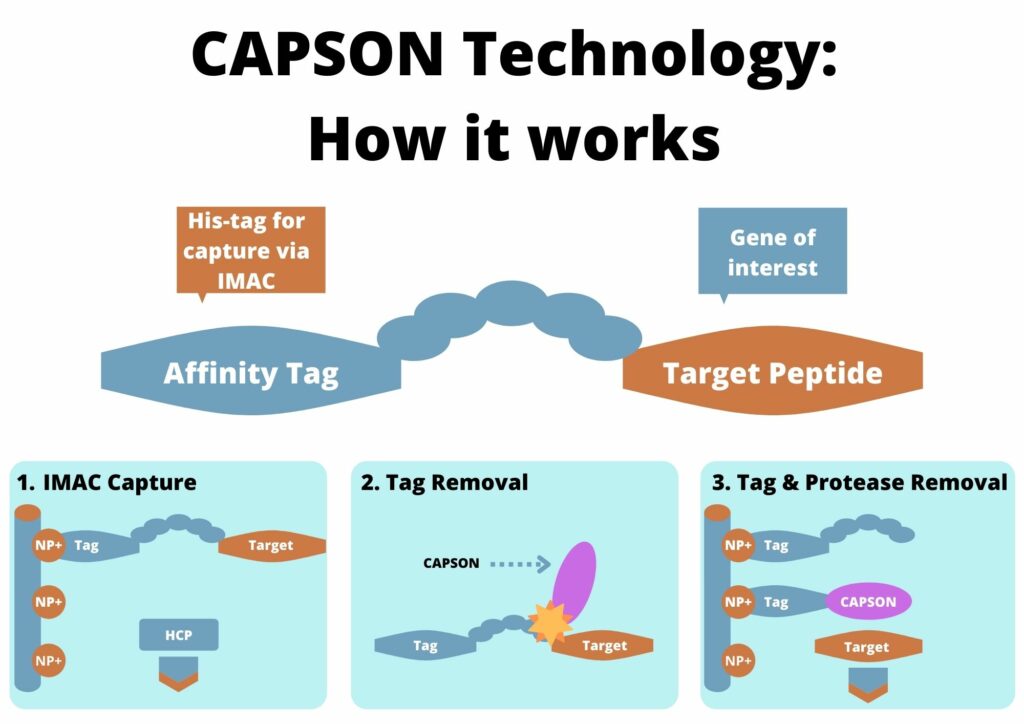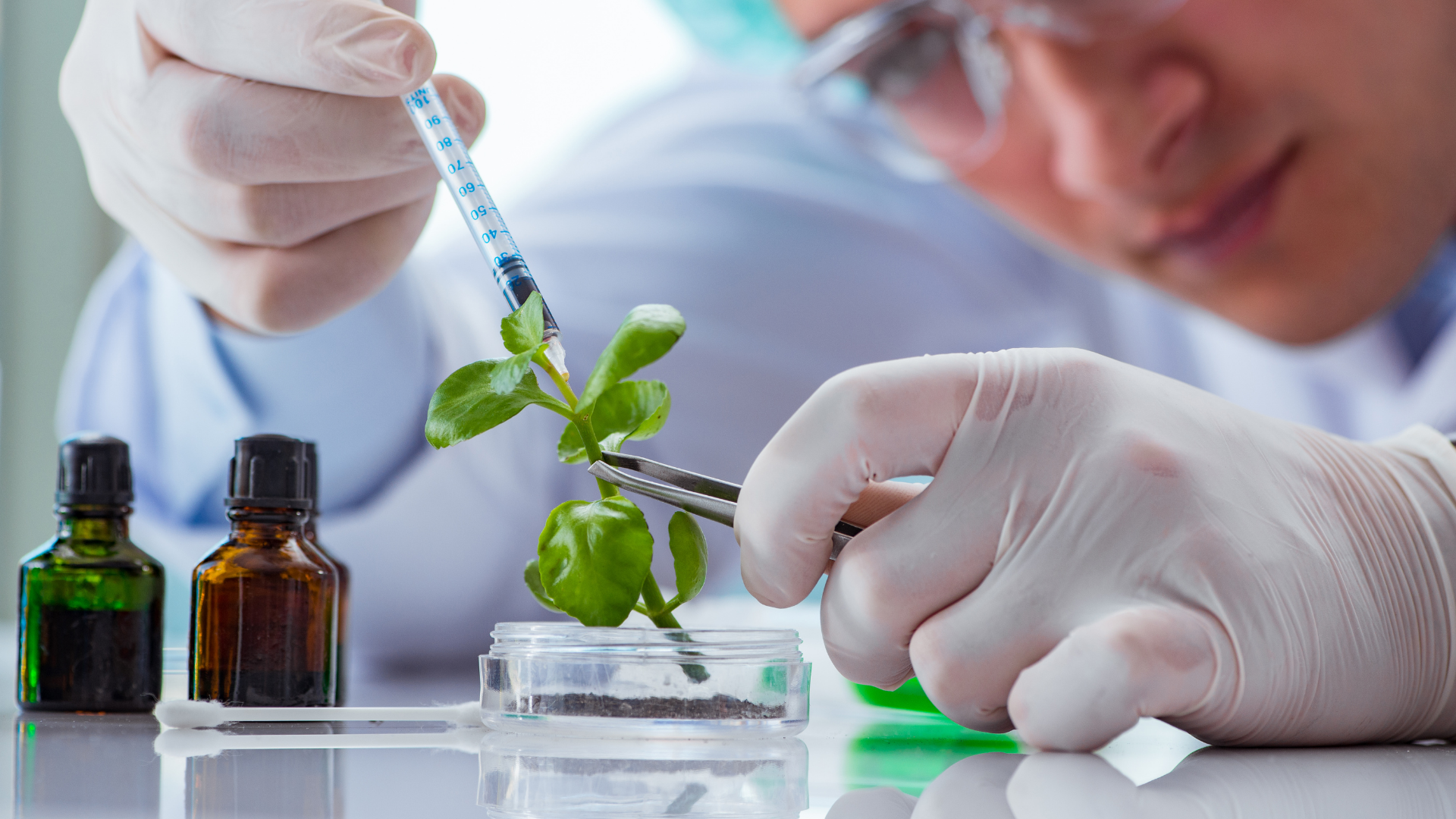Peptide Production: Biopharmaceutical Manufacturing of Next Generation Peptides

Presented by Daniel Fleischanderl, Head of Upstream Development at Boehringer Ingelheim
Edited by Ben Norris
Some of the biggest hurdles for recombinant peptide production at present are the long development timelines and complex manufacturing processes inherent to the field. However, innovative technologies like expression tags and techniques such as automation and modelling could help to overcome these challenges, as Daniel Fleischanderl explained at Oxford Global's Biologics UK in March 2022.
Recombinant Production and Peptide Synthesis
When it comes to conceptualising peptide synthesis, there is no ‘one size fits all’ solution. As Daniel Fleischanderl, Head of Upstream Development at Boehringer Ingelheim explained, the answer hinges on the method of production. “The most important thing is the manufacture of the peptide,” he said. “The next step is working out how.” Depending on the structure of the peptides, the production method applied will have to change; it may be synthetic production, recombinant production, or semi-synthetic production.
The first recombinant product on the market was insulin: a peptide 51 amino acids in length, it had the landmark status of being the first recombinant drug product to be approved worldwide in 1982. Other peptides such as calcitonin, ecallantide, and semaglutide followed. “Interestingly, there are around 150 peptides currently being investigated in clinical trials,” said Fleischanderl. Of these, “only 20% are done in a semi-synthetic way.” Some of the issues concerned with chemical synthesis come from the chemical solvents involved in the process, as well as other environmental issues. “Environmental impact is more and more important for the production systems, as we learned in the last couple of years,” Fleischanderl added.
Most peptides are highly sensitive to proteolytic degradation and are typically seen as being difficult to express in cells. Generally, large peptides – those longer than 30 amino acids – present a greater hurdle for chemical synthesis. Another issue is the high environmental impact and the need for the use of hazardous chemical solvents such as Dimethylformamide (DMF), N-methyl-2-pyrrolidone (NMP), and trifluoroacetic acid. Recombinant production could reduce manufacturing costs, making it a key area of focus for present research.
Accelerating Manufacture Processes
One of the most compelling cases for investing in recombinant manufacture for peptide production is economic. The costs of recombinant manufacture are up to three times lower than those of chemical synthesis, particularly when carried out at greater scale and with larger batches of peptides. Fleischanderl expounded on the expression systems associated with inclusion bodies, saying that they require the denatured forms of highly concentrated proteins or peptides. “Inclusion bodies are much more cumbersome and need much more effort,” he added. A handy workaround for this is the use of a process that was originally developed for proteins: the genetic toolbox for E. coli.
- First New MMR Vaccine Since 1971 Approved in US
- Peptide Discovery: Unlocking the Future of Disruptive Therapeutics
- Advanced Antibody Engineering: AI, ML, and Computational Tools
Fleischanderl explained that the toolbox systems were established to efficiently develop tailor-made production processes and were based on genomic expression and plasmid expression. “The procedure around the affinity tag is small in size – it’s only 11 to 33 amino acids. And it really enables the improvement of expression solubility.” One tool being championed for peptide synthesis is Npro technique, which is especially suited for peptides, as well as toxic proteins that are difficult to express. Npro fusion technology is a Boehringer Ingelheim proprietary manufacturing platform that can be used as a generic tool for the high-level production of recombinant toxic peptides and proteins in E. coli.
New Approaches in Peptide Production and CAPSON Technology
Another tool relied on for peptide production is CASPON technology, which involves the use of His-Tag for the purification of peptides. As Fleischanderl put it, CAPSON technology is a proprietary manufacturing platform for proteins or peptides based on the expression of POI with an N-terminal tag. This facilitates enhanced expression levels through improved translation efficiency and provides affinity purification via a platform approach. Fleischanderl continued by saying that the CAPSON tag can be cleaved off with high efficiency and specificity.

There are several potential benefits to the applications of CAPSON technology, including the affinity available at low to moderate cost for economic production in manufacturing scale and the high specificity enabled for tag and protease removal. With regard to recombinant peptide synthesis, cost and time are both current obstacles, so the focus is presently on introducing high throughput systems to increase efficiency.
“By introducing high throughput systems and automation systems development timelines, the overall timeline can be significantly reduced,” Fleischanderl said. Feasibility studies focused on these techniques involved the use of a ~30 amino acid long peptide as a model for plasmid-based expression in a multifermenter screening approach. Genome-integrated expression involves a similar scenario, yielding significantly lower titres compared to plasmid-based expression.
Future Peptide Production Techniques: Untapped Potential
Other hurdles for recombinant peptide synthesis to overcome include long development times due to the lack of platform technologies, complex manufacturing processes, and expensive purification steps. However, due to new technologies such as Npro or CAPSON, new techniques like automation, modelling and high throughput systems, development timelines and production costs may be further reduced. “Small peptides are hard to express in microbial systems,” added Fleischanderl. “But with the help of this new technology, it’s now able to express them.,.
"The huge potential for cost reduction while limiting environmental impact should justify further developmental work."
Fleischanderl rounded off by concluding that feasibility is important to consider and address in scaling manufacturing. He added that some of the biggest advantages of this production process come from the speed at which it operates, as well as the potential for mitigating some of the environmental burden. “The production of smaller recombinantly-expressed peptides at an industrial scale, at least for non-modified ones, may be possible at higher quantities and favourable costs,” he said. “Significant improvements are still necessary, but the huge potential for cost reduction while limiting environmental impact should justify further developmental work.”
Visit our Biologics portal to find more articles about the latest advances in biomanufacturing and recombinant synthesis. To register your interest in our upcoming Biologics UK IN-Person event, click here.







